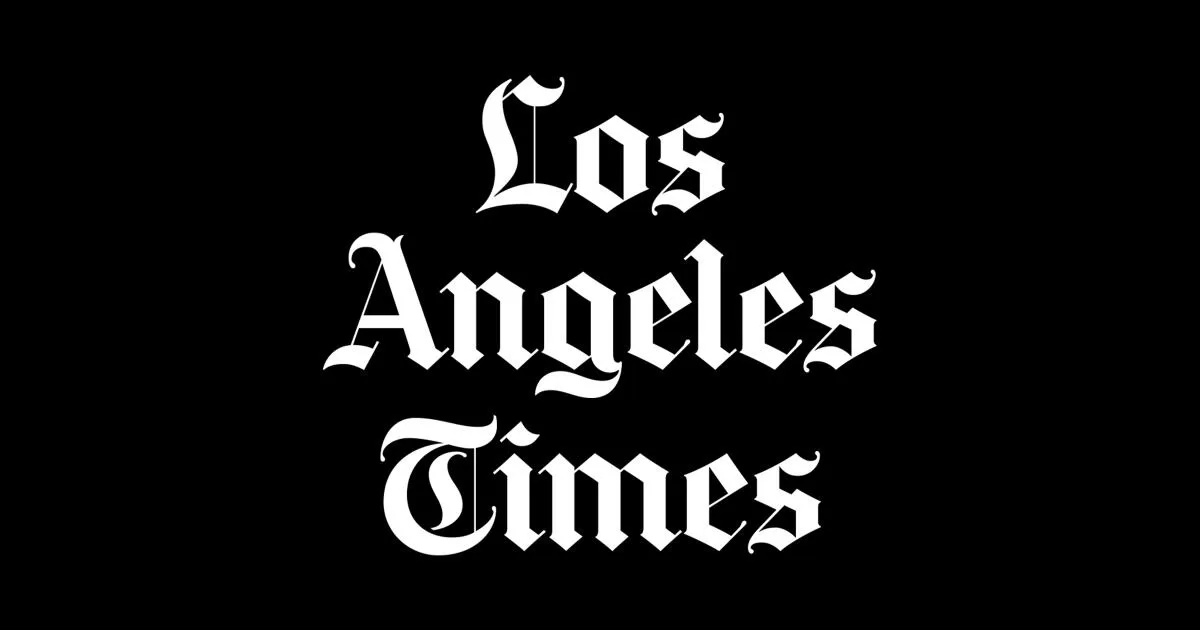Reynolds, the Reagan Administration’s chief civil rights enforcer, said Dr. Martin Luther King Jr. and Roy Wilkins, along with Presidents John F. Kennedy and Lyndon B. Johnson, never envisioned that affirmative action would mean preferential treatment for certain classes of people.
Reynolds, who has been accused by current civil rights leaders of trying to turn back the clock on rights advancements, made his remarks in a speech to be delivered to the University of Chicago’s chapter of the Federalist Society.
“We stand with pride alongside those great Americans . . . who advanced the civil rights agenda of the 1960s under the banner of colorblindness and equal opportunity, not racial preference and proportional representation,” Reynolds said in the speech, released by the Justice Department.
Throughout the latter part of the 1960s, he said, the term “ ‘affirmative action’ had a generally accepted meaning–one that embraced affirmative recruitment, outreach and training programs open to all and designed to swing the doors of opportunity that had been tightly shut for so long.”
Reynolds complained that many of today’s civil rights leaders have taken that a step further, interpreting affirmative action as a concept that demands “preferential treatment for members of select groups in society based on the skin color, gender and national origin of the group members.”
He called this “the very essence of discrimination.”
